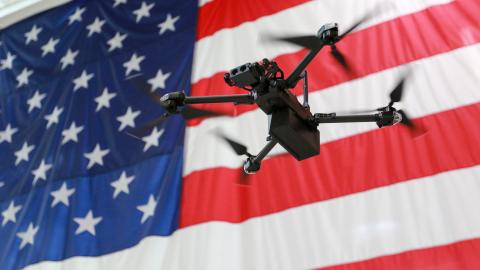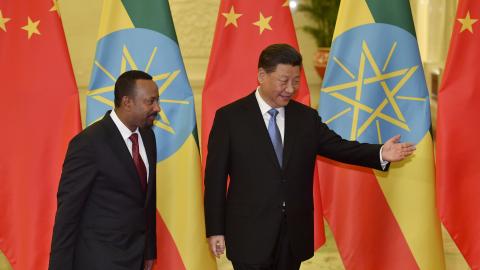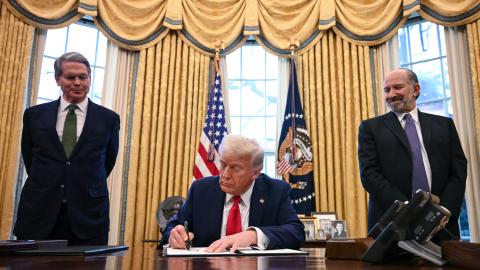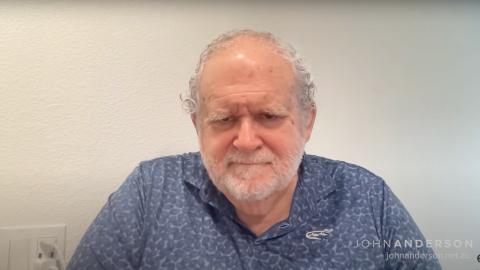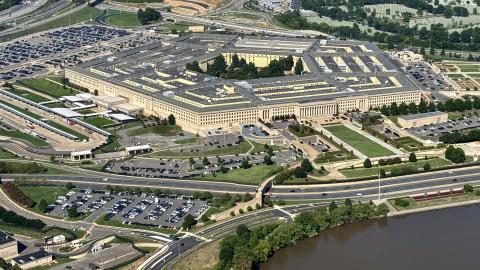
16
October 2013
Past Event
Minimum Deterrence: Examining the Evidence
Minimum Deterrence: Examining the Evidence
Past Event
Hudson Institute, Washington, D.C. Headquarters
October 16, 2013
Share:

Related Events
30
April 2025
In-Person Event | Hudson Institute
Strategy in Motion: The Policies and Tactics of Modern Warfare | Political Studies Policy Certificate Program
Featured Speakers:
Garrett Exner
Rachel Mackey
Brendan McBreen

30
April 2025
In-Person Event | Hudson Institute
Strategy in Motion: The Policies and Tactics of Modern Warfare | Political Studies Policy Certificate Program
The Hudson Institute Political Studies Policy Certificate Program gathers talented early career professionals for advanced study of American foreign and domestic policy and national security, led by policy experts and experienced government officials.
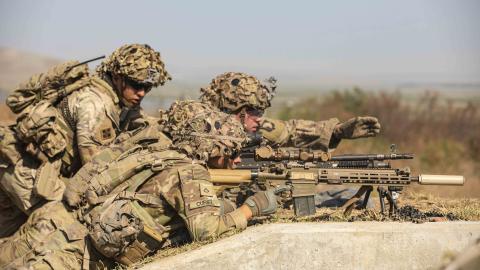
Featured Speakers:
Garrett Exner
Rachel Mackey
Brendan McBreen
11
April 2025
Past Event
Using New Technologies to Stop Chinese Aggression
Featured Speakers:
Bryan Clark
Timothy A. Walton
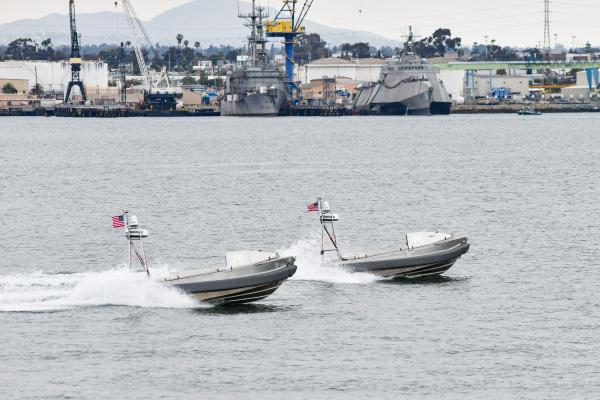
11
April 2025
Past Event
Using New Technologies to Stop Chinese Aggression
At Sea Air Space 2025, Senior Fellows Bryan Clark and Timothy A. Walton will discuss their findings with a panel of government and industry experts tasked with implementing these ideas.

Featured Speakers:
Bryan Clark
Timothy A. Walton
07
April 2025
Past Event
Evolving Issues in Regulation of Digital Platforms: A View from the UK and EU
Featured Speakers:
Professor Suzanne Rab
Harold Furchtgott-Roth

07
April 2025
Past Event
Evolving Issues in Regulation of Digital Platforms: A View from the UK and EU
Join Hudson for a discussion on European Union and United Kingdom competition and regulatory authorities’ increasing focus on digital platforms.

Featured Speakers:
Professor Suzanne Rab
Harold Furchtgott-Roth
04
April 2025
Past Event
Mexico Navigates New Challenges
Featured Speakers:
Luis Rubio
Antonio Ortiz-Mena, PhD
John Creamer
Moderator:
Daniel Batlle



